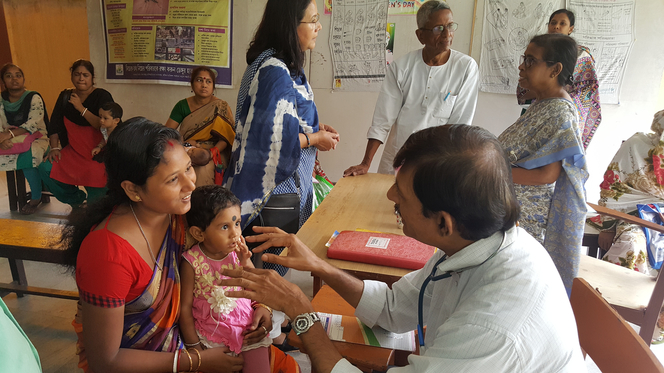Sustainability Beyond Tomorrow

Future-proofing Tactics for NGOs
In a rapidly changing world, sustainability is not just about preserving resources for today; it’s about ensuring the longevity and effectiveness of non-governmental organizations (NGOs) for generations to come. To achieve sustainability beyond tomorrow, NGOs must adopt future-proofing tactics that enable them to adapt, innovate, and thrive in the face of evolving challenges. In this article, we explore key strategies for future-proofing NGOs and ensuring their sustainability in the long term.
1. Setting a Long-Term Vision: A sustainable future begins with a clear and ambitious long-term vision. NGOs must articulate their purpose, values, and goals, envisioning the impact they aspire to create in the world. By setting a compelling vision, NGOs can inspire stakeholders, attract support, and guide strategic decision-making for years to come.
2. Integrating Environmental
Stewardship:
Environmental sustainability is a
critical component of future-proofing tactics for NGOs. Organizations must
prioritize environmental stewardship by minimizing their ecological footprint,
promoting sustainable practices, and advocating for policies that protect the
planet for future generations.
3. Fostering Social Equity: Sustainable development is inseparable from social equity and justice. NGOs must prioritize inclusivity, diversity, and equity in their programs, policies, and organizational culture. By fostering social equity, NGOs can build resilient communities, address systemic inequalities, and create lasting change that benefits all members of society.
4. Embracing Economic Resilience: Economic sustainability is essential for the long-term viability of NGOs. Organizations should diversify their revenue streams, invest in financial management systems, and cultivate partnerships with donors, sponsors, and social investors. By building economic resilience, NGOs can weather financial challenges and continue to fulfill their mission effectively.
5. Leveraging Technology for
Impact:
Technology plays a crucial role in
future-proofing NGOs and enhancing their impact. Organizations should leverage
digital tools, data analytics, and communication platforms to streamline
operations, reach wider audiences, and amplify their message. By embracing
technology, NGOs can stay relevant and responsive in a rapidly evolving digital
landscape.
6. Promoting Adaptive Governance: Adaptive governance is essential for navigating uncertainty and complexity. NGOs should adopt flexible governance structures, empower diverse voices in decision-making processes, and embrace a culture of transparency and accountability. By promoting adaptive governance, NGOs can adapt to changing circumstances, seize opportunities, and remain resilient in the face of challenges.
7. Cultivating Collaborative Partnerships: Collaboration is key to achieving sustainability beyond tomorrow. NGOs should forge strategic partnerships with government agencies, businesses, academia, and civil society organizations. By collaborating with diverse stakeholders, NGOs can leverage collective expertise, resources, and networks to address complex social and environmental issues effectively.
8. Investing in Human Capital: Human capital is the most valuable asset of any NGO. Organizations should invest in recruiting, retaining, and developing talented staff and volunteers. By providing training, mentorship, and professional development opportunities, NGOs can empower their team members to innovate, adapt, and lead with purpose.
Conclusion: Sustainability
beyond tomorrow requires proactive planning, strategic foresight, and
collective action from NGOs. By setting a long-term vision, integrating
environmental stewardship, fostering social equity, embracing economic
resilience, leveraging technology for impact, promoting adaptive governance,
cultivating collaborative partnerships, and investing in human capital, NGOs
can future-proof their operations and create lasting positive change in the
world.






